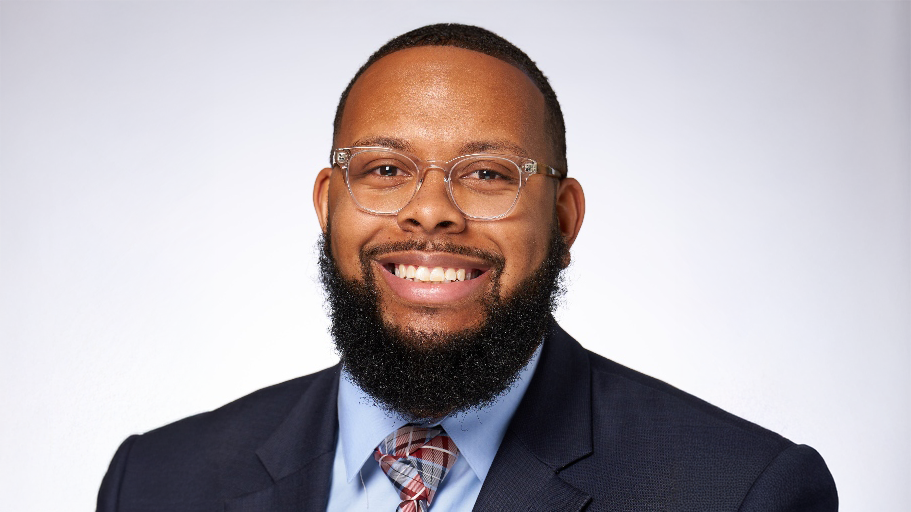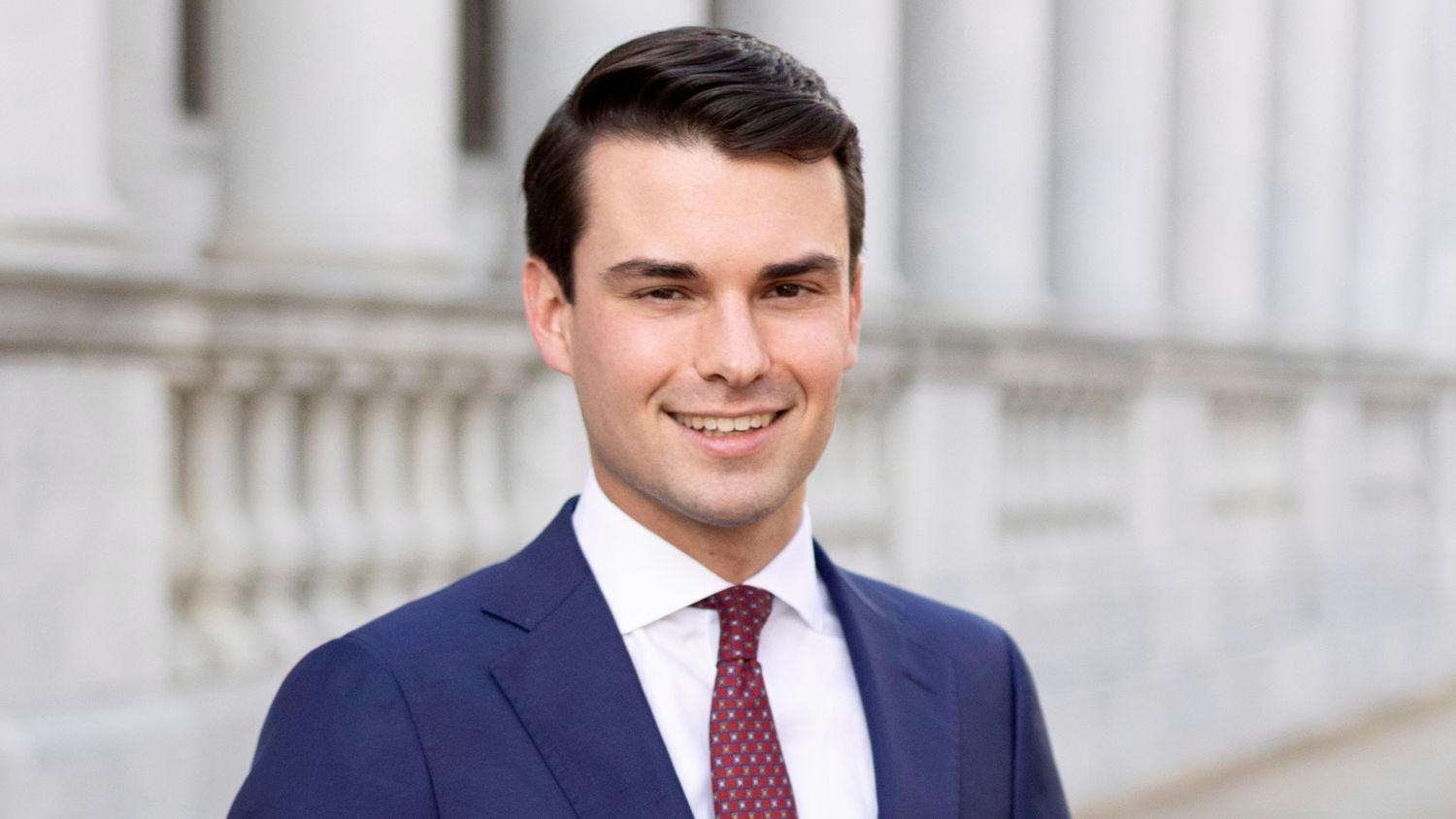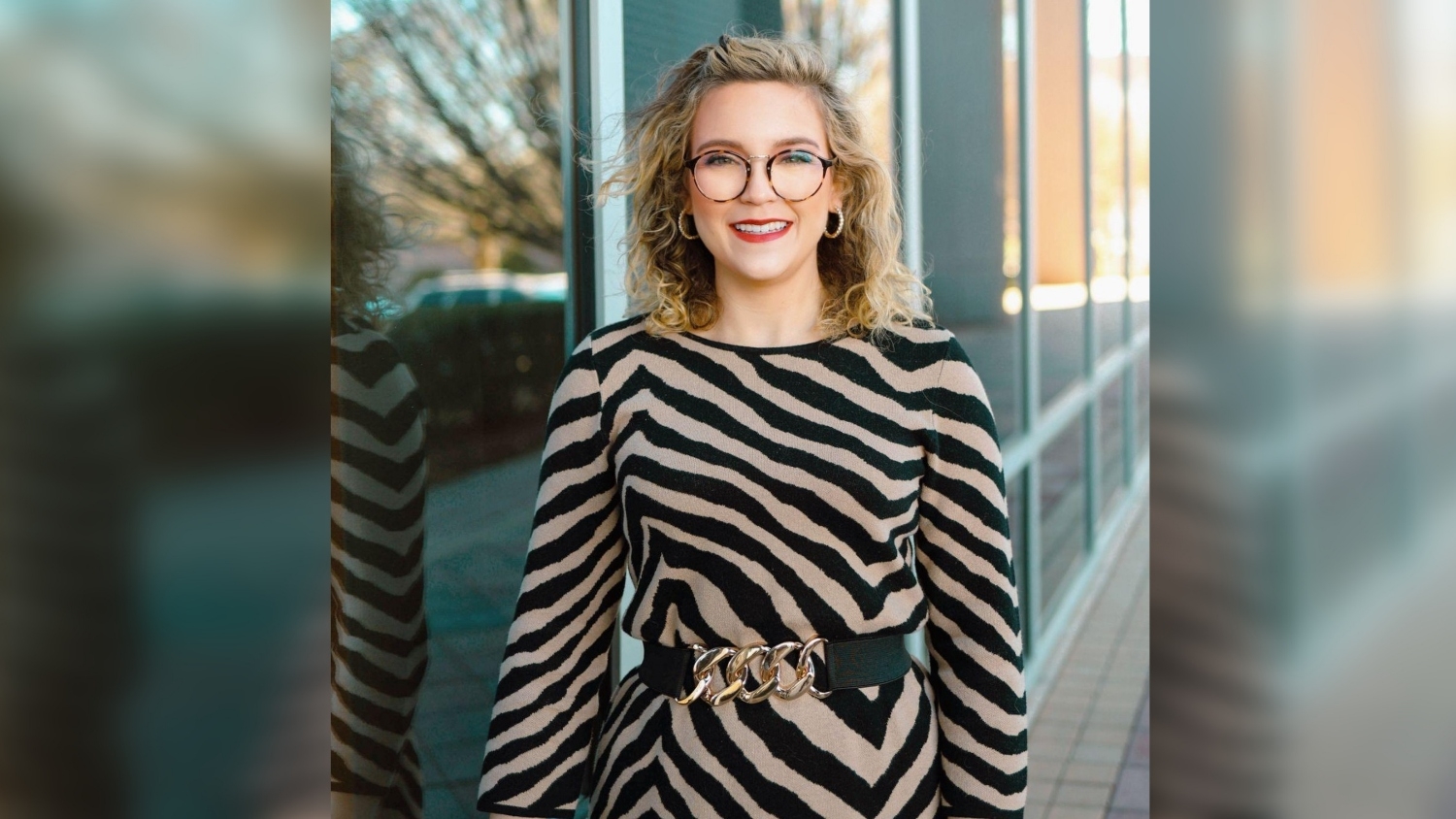Dean’s Dialogues: Get to Know Poole Graduate Nick Zanzot
Zanzot, who earned a BS in Economics, explains how his studies put him on the path to law school and encourages alumni to stay involved at NC State.

This is one installment in a series of interviews Poole College Dean Frank Buckless conducted with students and recent grads to learn about their college experiences.
Nick Zanzot is a corporate attorney at Smith Anderson in Raleigh. He received his bachelor’s in economics from the Poole College of Management, with minors in political science and religious studies, and earned his J.D. from the University of North Carolina at Chapel Hill. Read on to learn more. (Please note: This interview has been edited for length and clarity)
Tell me a little about your background and your career so far.
I am an attorney with Smith Anderson’s Corporate and Transactional practice group, a law firm located in downtown Raleigh. I provide counsel to both public and private companies, with a focus on mergers and acquisitions, general corporate matters and public company securities law. My interest in helping companies grow and succeed began when I was young – my dad is a banker with Bank of America, which sparked my interest in the economy. This interest deepened during my studies at NC State, where I gained a greater understanding of economic principles. I graduated in 2020 during the COVID pandemic, and I started law school at UNC that August.
Did you know you wanted to get your law degree when you came to NC State?
I did not. I had some great connections while at NC State with several judges in the area. They helped me see the path to law school. I did not pursue political science, despite my strong interest in politics and government, as it felt too narrow for me. I realized the economy influences politics, allowing me to explore its role in the functioning of government. Initially I thought I’d be a staff worker in government, but by my junior year, I came to understand the diverse roles that lawyers can play and decided to go to law school.
Tell me about your time at Poole and what experiences shaped you.
My professors were incredibly engaging. One of my earliest classes was in a large lecture hall, but the professor made it very engaging. He brought the conversation down to our level, which was impressive for someone who had been in the economics field for decades.
I also lived in Bowen Hall and was part of the Impact Leadership Village, which was such a fantastic experience. Later, I was a Chancellor’s Aide my junior and senior years. It was a great opportunity to interact with the chancellor, donors and leadership, and to talk about how much I love NC State. And finally, I was part of Alpha Phi Omega, a co-ed service fraternity, which was a great way to be involved in leadership and service.
Was there a class you found most helpful as you think about your career now?
My final economics course at Poole was a research course for economics majors. Our goal was to write a research paper on one topic of our choosing. I looked at how financial investments impacted various elections in different areas. It really helped me learn how to research a topic, gather the facts, pull it together and effectively relay the message.
What advice do you have for prospective students?
Trust your instincts; you’ll know when you’ve found the right place. Deciding to go to NC State was very easy for me. Although I didn’t fully understand at the time, it was the family atmosphere here. The first-year program that NC State puts on is excellent; not just the classes, but everything we did when we arrived on campus. The way the school welcomes students and integrates them into the Wolfpack community, I felt at home right away. For that reason, I suggest people keep an open mind, and get out and experience everything NC State has to offer when you get here.
What advice do you have for someone enrolling at NC State and Poole?
Utilize your advisors and have a four-year plan. While much of the first year is set, you’ll gain more options later. Planning early, especially if you’re considering a minor, helps you stay on track. It may feel far off at 18, but planning ahead is key. Talk to an advisor about your thoughts – they can offer helpful guidance. And if you’re unsure about your path, that’s perfectly okay. The First Year College is a great resource, as well.
What advice would you give graduates?
Come back and get involved. I appreciate being connected to the university now. It’s a great network and allows us to give back to students. I also suggest that all consider sponsoring or starting internship opportunities. Bringing students into your business or firm helps you remember what it’s like to be a student. It’s helpful for you, and it helps them in learning. It is a great opportunity for all.
- Categories:


